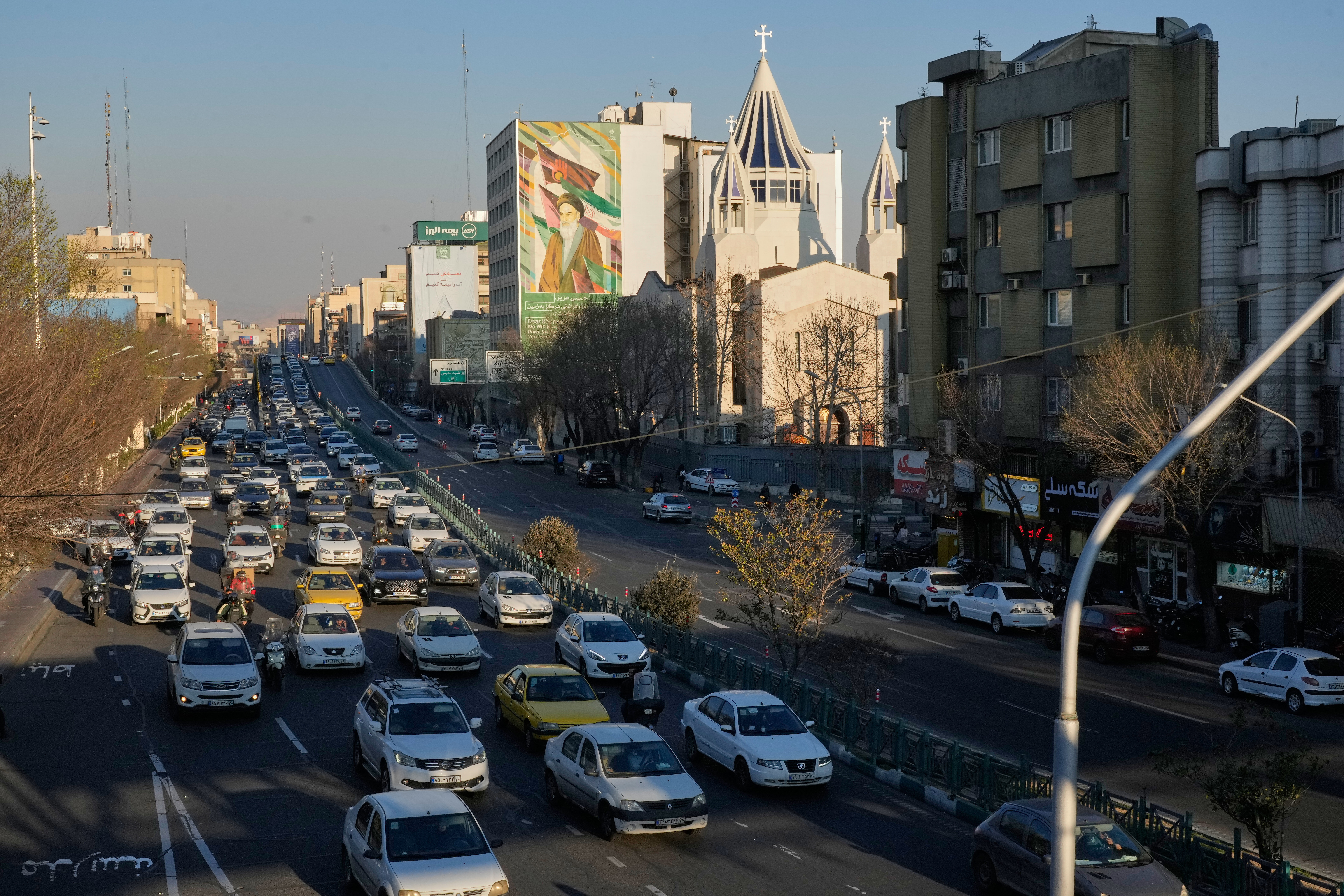UAB Leads a New Anti-Viral Drug Trial to Combat the Coronavirus
The University of Alabama at Birmingham is leading a new anti-viral drug trial in Wuhan, China to combat the coronavirus outbreak.
The World Health Organization declared the outbreak a “public health emergency of international concern” in late January. In a few weeks, the virus has killed over 1,000 people and infected more than 40,000 people worldwide.
The placebo-controlled trial will test the safety and effectiveness of the anti-viral drug remdesivir. It’s part of a study led by UAB to treat high-priority emerging infections such as the flu, Zika virus, dengue fever and 2019-nCoV, better known as the coronavirus. UAB is working with Gilead Sciences and nearly a dozen other universities across the U.S. as part of a five-year $37.5 million grant from the National Institute of Allergy and Infectious Diseases.
Dr. Richard Whitley is the lead researcher and distinguished professor of pediatrics at UAB. He says they’ve tested the drug on a few patients in the U.S., but the trial in Wuhan is the first time they’ll test it on large numbers of people.
“The drug has been released on what we call a compassionate plea basis for a few patients in the United States who were sick. And those patients all did well,” Whitley says. “But we don’t know whether it was the effect of the drug or the natural healing process that took place in those patients. So we need the data from this controlled study.”
Whitley says about 400 people in Wuhan will be part of the trial. He says the Federal Drug Administration authorized use of the drug in clinical trials after it was used to successfully treat MERS and SARS in animal models. MERS and SARS are viral respiratory illnesses caused by the coronavirus.
Whitley says as of right now researchers aren’t using mortality rate as a benchmark to determine whether remdesivir effectively treats the coronavirus. Instead, he says they’ll track whether it works based on the resolution of respiratory illness and the prevention of complications from a respiratory illness.
But Whitley warns that like the flu, the coronavirus can mutate.
“So what we have to be careful of is that we have backup drugs that can be used in case patients develop resistance to remdesivir,” Whitley says.
Whitley says they’ve been working with Southern Research to develop possible backup drugs they’ll begin testing on animal models. He says if those show promising results, they’ll work to get them developed as well.
Whitley says while scientists didn’t predict the magnitude of the coronavirus, he’s not surprised.
“What we need to be aware of is that the National Institutes of Health anticipated that we would see emerging infections occur in the United States and this is a classical example of it,” Whitley says. “Because of climate change we’ll see diseases like dengue. We’ve already seen West Nile virus in the United States. We’ve seen a few sporadic cases of Zika and we’ll certainly see chikungunya. So we’ve got to be prepared and that’s what we’re trying to do.”
Editor Note: UAB holds WBHM’s broadcast license but our news and business departments operate independently.
U.S. and Iran to hold a third round of nuclear talks in Geneva
Iran and the United States prepared to meet Thursday in Geneva for nuclear negotiations, as America has gathered a fleet of aircraft and warships to the Middle East to pressure Tehran into a deal.
FIFA’s Infantino confident Mexico can co-host World Cup despite cartel violence
FIFA President Gianni Infantino says he has "complete confidence" in Mexico as a World Cup co-host despite days of cartel violence in the country that has left at least 70 people dead.
Supreme Court appears split in tax foreclosure case
At issue is whether a county can seize homeowners' residence for unpaid property taxes and sell the house at auction for less than the homeowners would get if they put their home on the market themselves.
Top House Dem wants Justice Department to explain missing Trump-related Epstein files
After NPR reporting revealed dozens of pages of Epstein files related to President Trump appear to be missing from the public record, a top House Democrat wants to know why.
ICE won’t be at polling places this year, a Trump DHS official promises
In a call with top state voting officials, a Department of Homeland Security official stated unequivocally that immigration agents would not be patrolling polling places during this year's midterms.
Cubans from US killed after speedboat opens fire on island’s troops, Havana says
Cuba says the 10 passengers on a boat that opened fire on its soldiers were armed Cubans living in the U.S. who were trying to infiltrate the island and unleash terrorism. Secretary of State Marco Rubio says the U.S. is gathering its own information.






